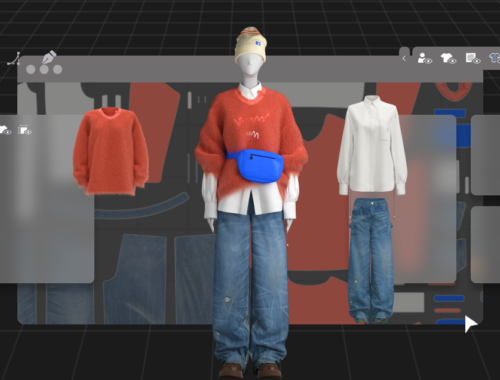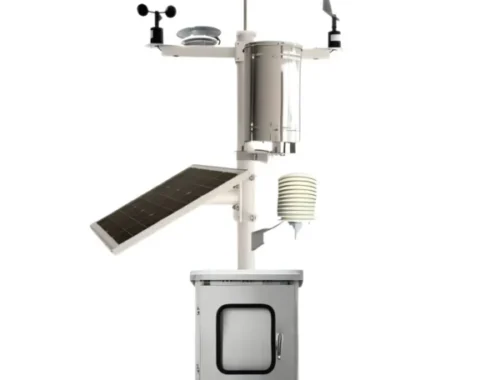Riding Bikes Because They’re Green Misses the Point
We need to stop selling bicycles on environmentalism. We ride because it’s fun, healthy, cheap, and practical—and because it annoys people who drive.
The bicycle is one of the cleanest machines ever devised. As Steve Jobs famously pointed out, a person on a bicycle is “completely off the top of the charts” when it comes to efficient locomotion. Even the most ungainly cyclist converts calories into miles in a preternatural manner that borders on alchemy. Meanwhile, stick a burrito in the gas tank of an F-150 and see how far that gets you.
Consequently, for as long as people in Birkenstocks have held “Save the Earth” banners aloft, the bicycle has reigned supreme as the paradigm for environmentally friendly transportation. Even a canola-oil-burning Volvo covered in Bernie Sanders bumper stickers can’t rival the sheer smugness of the bike. For this reason, cities, advocates, manufacturers, bike shops, and anyone else with a vested interest in getting posteriors on saddles has always made the green bona-fides of the bicycle a central part of their efforts to promote its use.
This emphasis on cycling and environmentalism never sat well with me—not because I disagree with it (I don’t), but because focusing so intently on the least tangible benefit of riding a bicycle seemed counterproductive. There are lots of other reasons to ride a bike: it’s fun, it’s cheap, it’s healthy, it’s practical, it annoys people in cars… Moreover, the payoff on all these is quick, and it doesn’t take much saddle time at all before you notice you’re in better shape, you’re saving money, and you’re enjoying your commute a hell of a lot more than the poor schlub in the next cubicle.
Meanwhile, as environmentally friendly as cycling is, you’re not going to reap the benefits of that anytime soon, and the sad fact is that the planet is going to be just as fucked at the end of your bike ride as it was when you set out on it. Therefore, if your goal is to get people excited about cycling, it makes much more sense to emphasize all the great stuff it will do for them right now. Telling them to try it merely because it’s good for the environment is about as sexy as telling them to eat their greens.
Plus, now there’s a new problem, which is that it seems like people would literally rather eat their greens than ride a bike. As popular attention shifts from the evils of tailpipe emissions to the adverse environmental impact of meat and dairy production, foregoing filet mignon rather than fossil fuels is becoming the au courant green statement. Sure, cars still pollute, but when it comes to giving the appearance of social responsibility, the typical well-meaning American only has the bandwidth to engage in one token planet-friendly gesture at a time. And in a bike/veggie face-off, the veggies are always going to win, because refraining from meat allows you to maintain your energy-inefficient suburban homestead and your two cars and your water-slurping front lawn, and all you’ve got to do to rationalize them is order the meatless option at the Cheesecake Factory. (If you’ve got any residual guilt, you can always go out and buy a Tesla.)
So if it’s true that cutting out meat is the best thing you can do for the environment and people go for that instead of riding bikes, then what’s the harm? Well, it’s all about quality of life. See, in addition to spewing the greenhouse gases that will eventually kill us, cars are killing us right now on an hourly basis. (Considerably fewer people are dying in cattle stampedes; dire warnings notwithstanding, cows kill something like 20 people per year.) Also, building our cities and towns to accommodate cars is wildly inefficient and socially alienating. Car dependence is a sprawl-inducing poverty trap that fosters income inequality, low productivity, and poor health. Simply put, driving makes people miserable. So even if everyone went veggie, and even if Elon Musk designed a totally clean car that ran off his own Twitter retweets, and every single motorist in America traded in whatever they’re currently driving for one, we really wouldn’t be much better off than we are now.
The bicycle, on the other hand, is low impact, doesn’t take much space, puts money in your pocket, and, when used regularly, naturally inclines you toward doing all that other stuff you should be doing for the environment anyway. You don’t bother with plastic bags at the grocery store when you have panniers. You don’t eat those earth-destroying Big Macs because eating Big Macs makes you feel like ass. You don’t vote for politicians with earth-ravaging agendas because riding a bike makes you healthier and happier. The planet looks very different from behind the handlebars than it does from behind the windshield.
In recent years, some people have attempted to debunk the notion that cycling is better for the environment than driving. Some have even claimed it’s outright bad. I say: Let ‘em. Spend five minutes in a shopping mall parking garage and tell me that cars make the world a better place; spend some time cycling and tell me that bikes don’t. Oh sure, there’s a certain visceral pleasure that comes from car ownership, but if you want something you can polish once a week that makes a nice throaty sound when you start it up, then I recommend investing in a new toilet.
Pushing cycling because it’s good for the environment is like pushing weed on the basis that’s it’s better for you than tobacco: sure, it helps for setting public policy, but it hardly matters to the end user. If anything, maybe we should co-opt the idea that cycling is bad for the environment and treat it as a selling point.
Hey, it worked for the auto industry.
Sky to Sign Off from Cycling
You May Also Like

Generated Blog Post Title
March 1, 2025
AI in Fashion: Revolutionizing Design, Shopping, and Sustainability
February 28, 2025